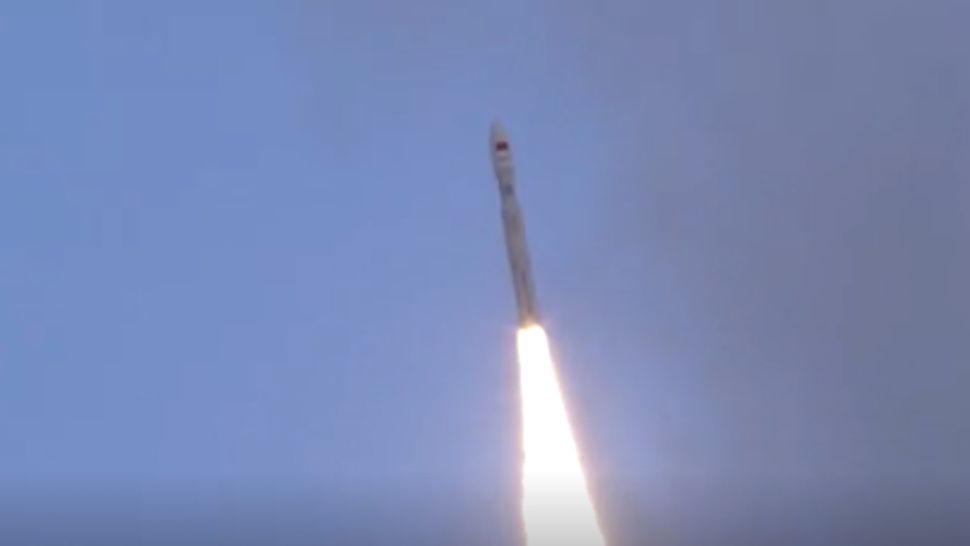A commercial Chinese rocket maker has completed its fourth solid rocket launch, sending five satellites into orbit.
CAS Space’s Kinetica-1 (also known as Lijian-1) solid rocket lifted off from Jiuquan Satellite Launch Center in the Gobi Desert at 7:33 p.m. EDT on Sept. 24 (2333 GMT; or 7:33 a.m. Beijing time on Sept. 25).
Aboard were two radar imaging satellites, CAS-01 and CAS-02, with CAS referring to the Chinese Academy of Sciences (CAS); Jilin-1 SAR 01A, an X-band radar imaging satellite for commercial firm Changguang Satellite Technology (CGST); and Yunyao-1 21 and 22, a pair of meteorology satellites with GNSS (Global Navigation Satellite System) occultation payloads to measure atmospheric temperature, humidity and pressure for Tianjin Yunyao Aerospace Technology Co., Ltd.

U.S. Space Force space domain tracking picked up sun-synchronous orbits for the satellites with altitudes of around 328 by 316 miles (528 by 508 kilometers).
Related: The latest news about China’s space program
Both launch provider CAS Space and satellite operator CGST are spinoffs from the Chinese Academy of Sciences and part of China’s emerging commercial space sector.
The mission was the fourth Kinetica-1 launch since the rocket’s successful debut flight in 2022. It was also the second Kinetica-1 flight of the year, following another five-satellite mission back in January.
CAS Space has plans beyond solid rockets. The company is developing a reusable liquid propellant rocket for suborbital tourism, as well as the reusable orbital Kinetica-2 rocket.
The launch was China’s 45th of 2024. Most of these have used China’s Long March rockets, but commercial companies including CAS Space, Galactic Energy and Expace have contributed to this total as well.